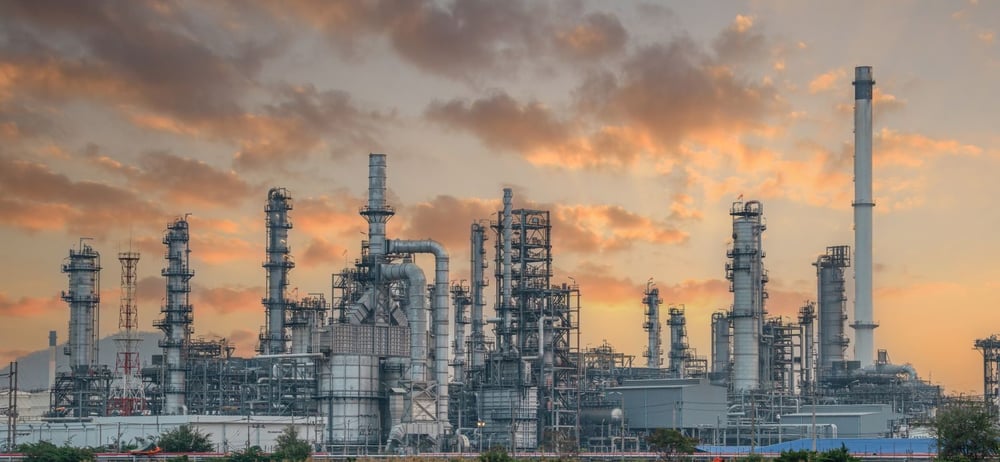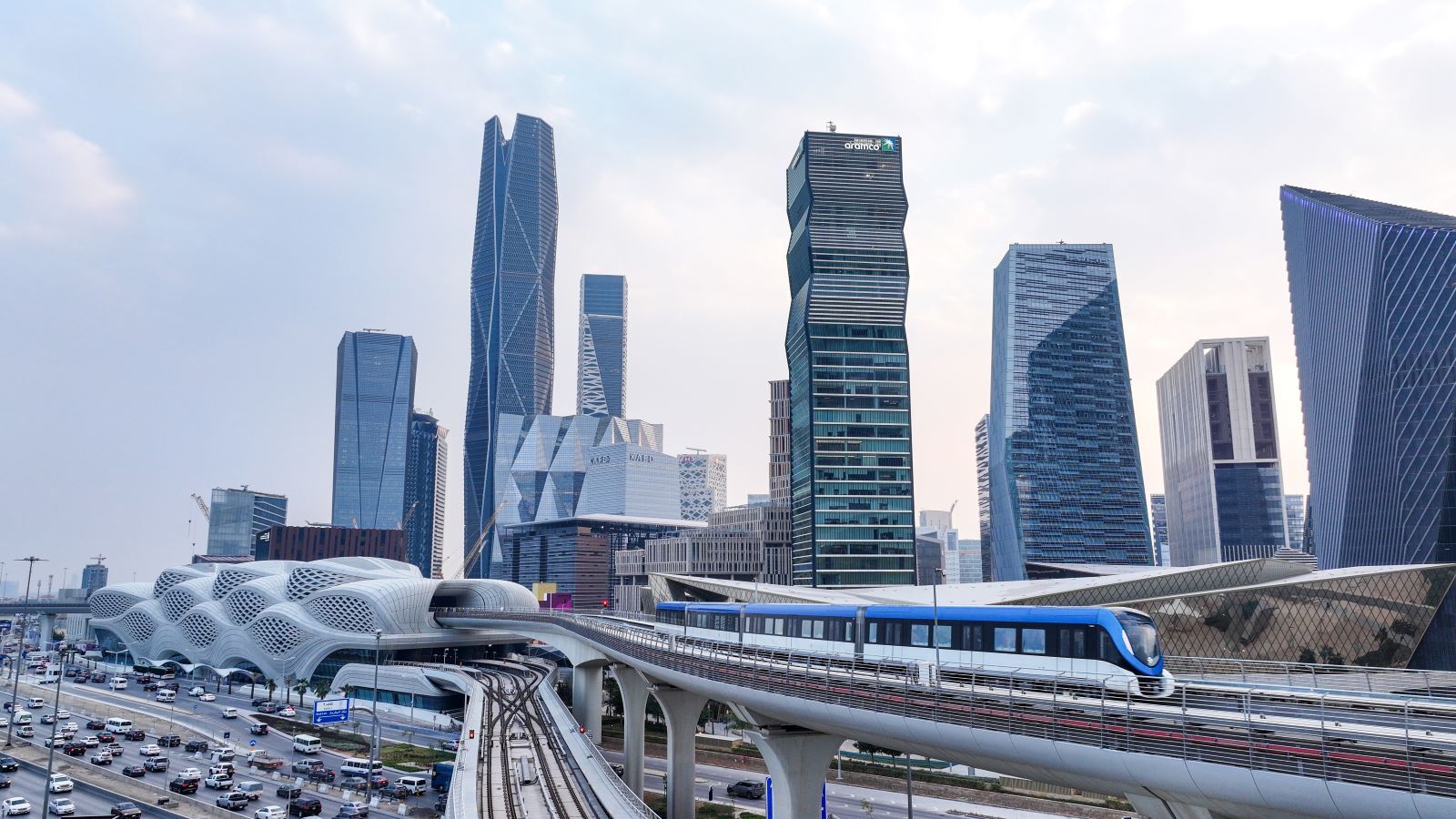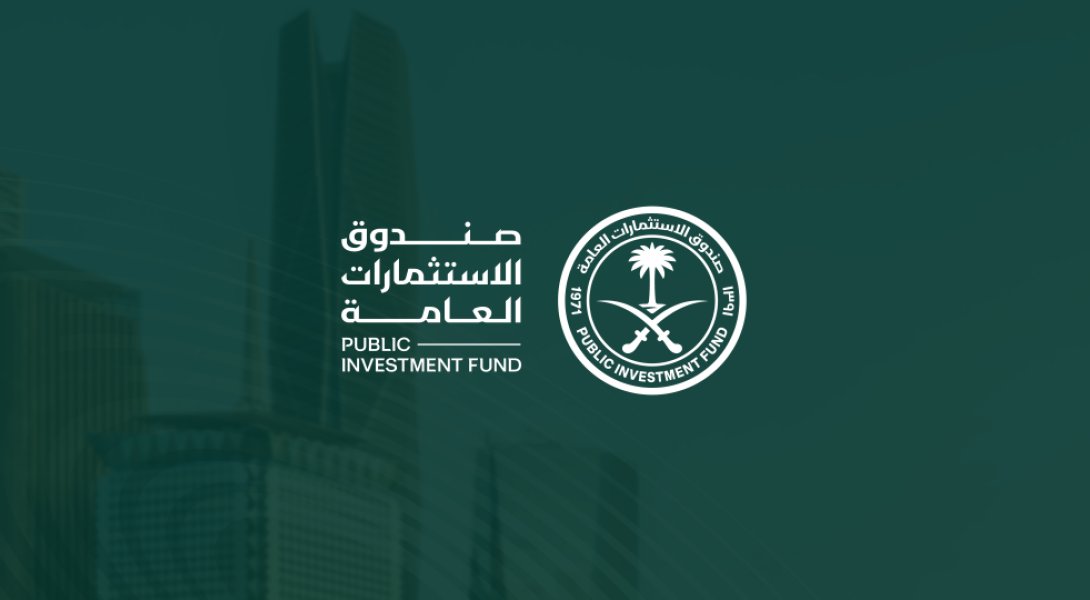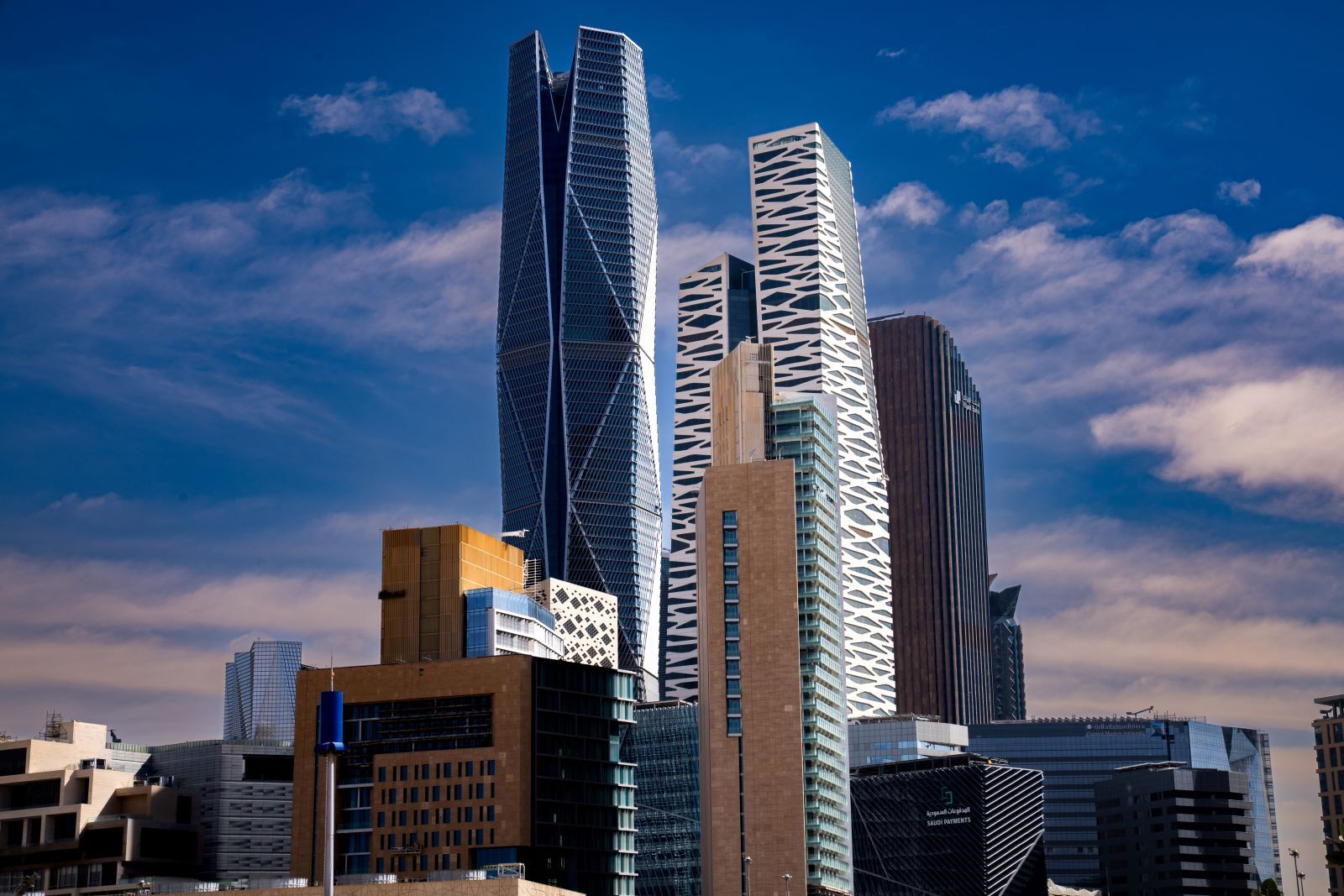The Top 10 Industries Powering Saudi Arabia’s Economy
As one of the largest economies in the Middle East, Saudi Arabia continues to prioritise industrial development as a part of its ambitious Vision 2030. At the heart of this vision is a strategic goal: to reduce the Kingdom’s dependence on oil and diversify sources of national income, opening up the path for long-term, sustainable growth. In this article, we explore the ten key industries driving this transformation within Saudi Arabia’s economy and shaping its future.

Oil and Gas Industry
Oil and natural gas industries remain the backbone of the Saudi economy. With some of the world’s largest proven oil reserves, the Kingdom plays a pivotal role in meeting global energy demands. Crude oil exports and refined petroleum products contribute significantly to GDP, and the continued development of related sectors — such as refining and petrochemicals — further enhances the value of the country’s available natural resources.
This sector also forms the foundation for developing other industries including renewable energy and advanced petrochemical production, reinforcing Saudi Arabia’s position as a global energy leader and placing it at the forefront of energy exports. Natural gas, meanwhile, is important for power generation and water desalination — both essential for the country’s large-scale infrastructure projects.
Petrochemicals
Saudi Arabia ranks among the largest global producers of petrochemicals, with major players such as SABIC and Petro Rabigh leading the way. The industry transforms raw petroleum derivatives into value-added products used in plastics, fertilisers, and chemicals — key materials for multiple sectors around the world.
Thanks to its strategic geographic location between Asia and Europe, the Kingdom is well-positioned to export petrochemical products competitively, strengthening its footprint in global markets.
Food and Beverage Manufacturing
As one of the fastest-growing sectors, food manufacturing plays a crucial, central role in securing the Kingdom’s food independence. From dairy and juices to baked goods and cereals, this industry meets rising domestic demand while expanding exports across the region and beyond.
Home-grown giants such as Almarai and Nadec have become regional leaders, and advancements in production and packaging technologies continue to enhance the industry’s efficiency and attract fresh investment.
Mining and Mineral Extraction
Mining is a promising sector and an emerging pillar of Saudi Arabia’s economic diversification strategy under Vision 2030. The Kingdom possesses rich mineral wealth, including gold, bauxite, and phosphate — essential minerals for industries like aluminium production and fertiliser manufacturing.
The Kingdom is working to strengthen this sector through infrastructural development. Another way it’s doing so is by launching initiatives to reinforce local investments and forming foreign partnerships to unlock the potential of this sector, positioning mining as a key contributor to national growth.
Defence and Military Manufacturing
Saudi Arabia is actively pursuing self-sufficiency in defence manufacturing by localising the production of military equipment and logistics systems. As a sector of strategic interest, it plays a key role in bolstering national security while reducing dependence on imports.
The country is also establishing research centres and forging global partnerships to transfer knowledge and advanced technologies to the Kingdom, aiming to strengthen its position as a reliable entity in this field.
Plastics and Chemical Products
Leveraging its access to competitively priced raw materials, Saudi Arabia has developed a robust plastics and chemical manufacturing sector. It includes the production of a wide range of goods — from irrigation pipes and packaging materials to everyday household items.
With strong domestic demand and growing exports, this sector comes as a major source of income for the Kingdom as it caters to the nation’s industrial output and economic resilience.
Cement and Construction Materials
Against the backdrop of a booming construction sector, Saudi Arabia is undergoing an urban renaissance of sorts, owing to which the cement industry has become one of the most dynamic in the Kingdom. Cement is essential for Saudi Arabia’s extensive infrastructure projects, including smart cities, airports, and seaports.
What sets the country apart is its modern, high-capacity plants that allow the industry to meet rising demand while supporting the Kingdom’s urban and economic development sustainably.
Technology and Electronics
Saudi Arabia is increasingly turning its attention toward high-tech manufacturing, including the assembly of electronic devices — a relatively newer sector to focus on. This move reflects the country’s broader push for digital transformation and innovation as it diversifies its economy. The aim is not just to produce but to foster a local ecosystem of research, development, and investment that positions the Kingdom as a regional hub for advanced technologies.
Renewable Energy
In line with its environmental and sustainability goals, Saudi Arabia is investing heavily in renewable energy. This includes the production of solar panels and the advancement of energy storage solutions. The industry lies at the heart of the Kingdom’s efforts to reduce its reliance on fossil fuels and cut carbon emissions — indicated in its clear steps towards environmental conservation and a greener, more sustainable future and lifestyle.
Small and Medium Enterprises (SMEs)
Alongside its major industrial sectors, Saudi Arabia is nurturing its SME ecosystem, recognising its role in fostering economic development at a grassroot level. These ventures range from artisanal crafts and honey production to traditional baking and pottery.
SMEs contribute to generating employment, supporting local communities, and allowing broader public participation in the nation’s economic progress.
Looking Ahead: Industrial Growth in the Kingdom
Saudi Arabia’s Vision 2030 sees industry as a central force for economic transformation. The roadmap includes building cutting-edge infrastructure, improving the investment landscape, and embracing technological innovation.
The Kingdom is also deepening international cooperation and forging partnerships with global companies to acquire advanced knowledge and industrial capabilities. These efforts will not only drive sustainable development but also help realise the Kingdom’s aspirations of becoming a global industrial powerhouse.



